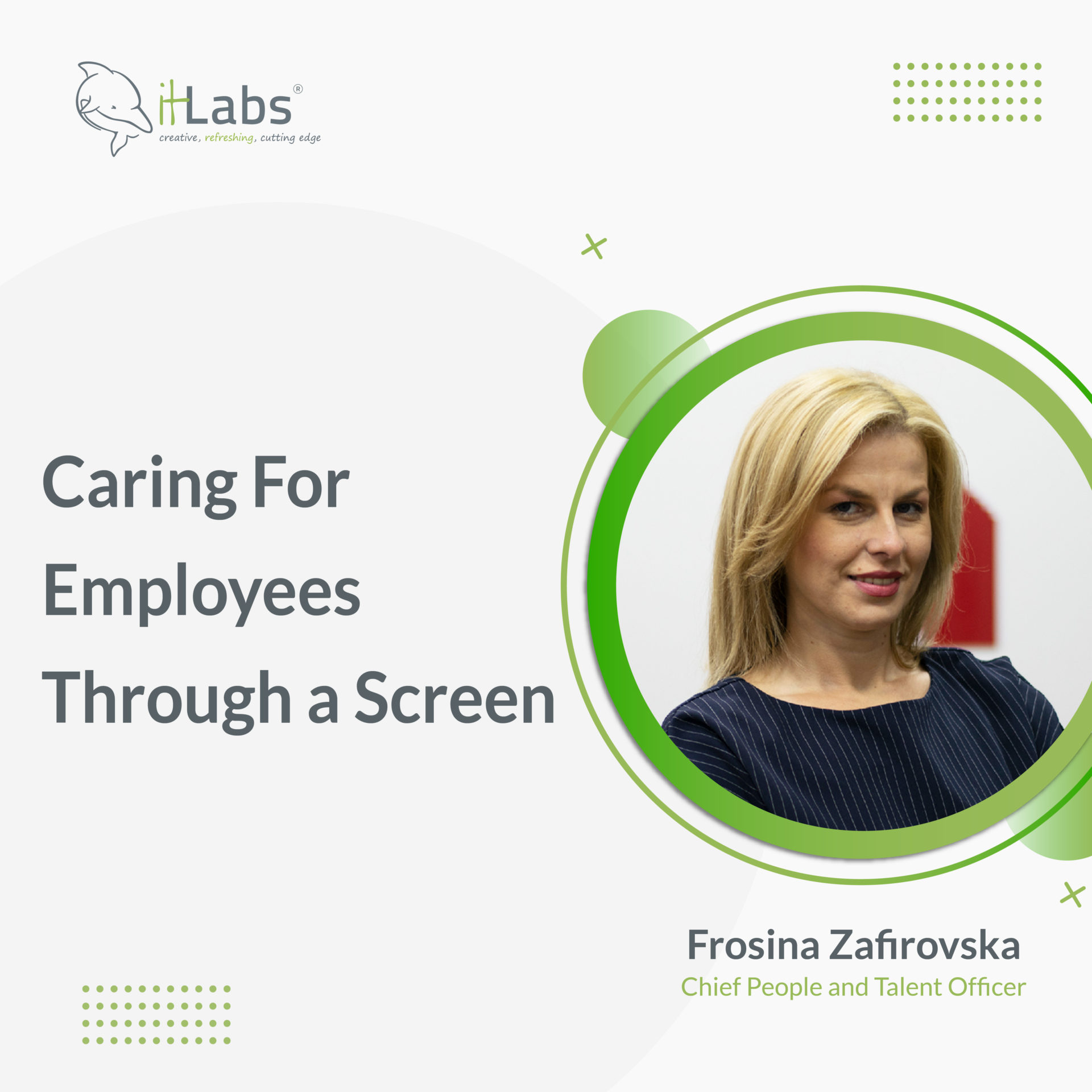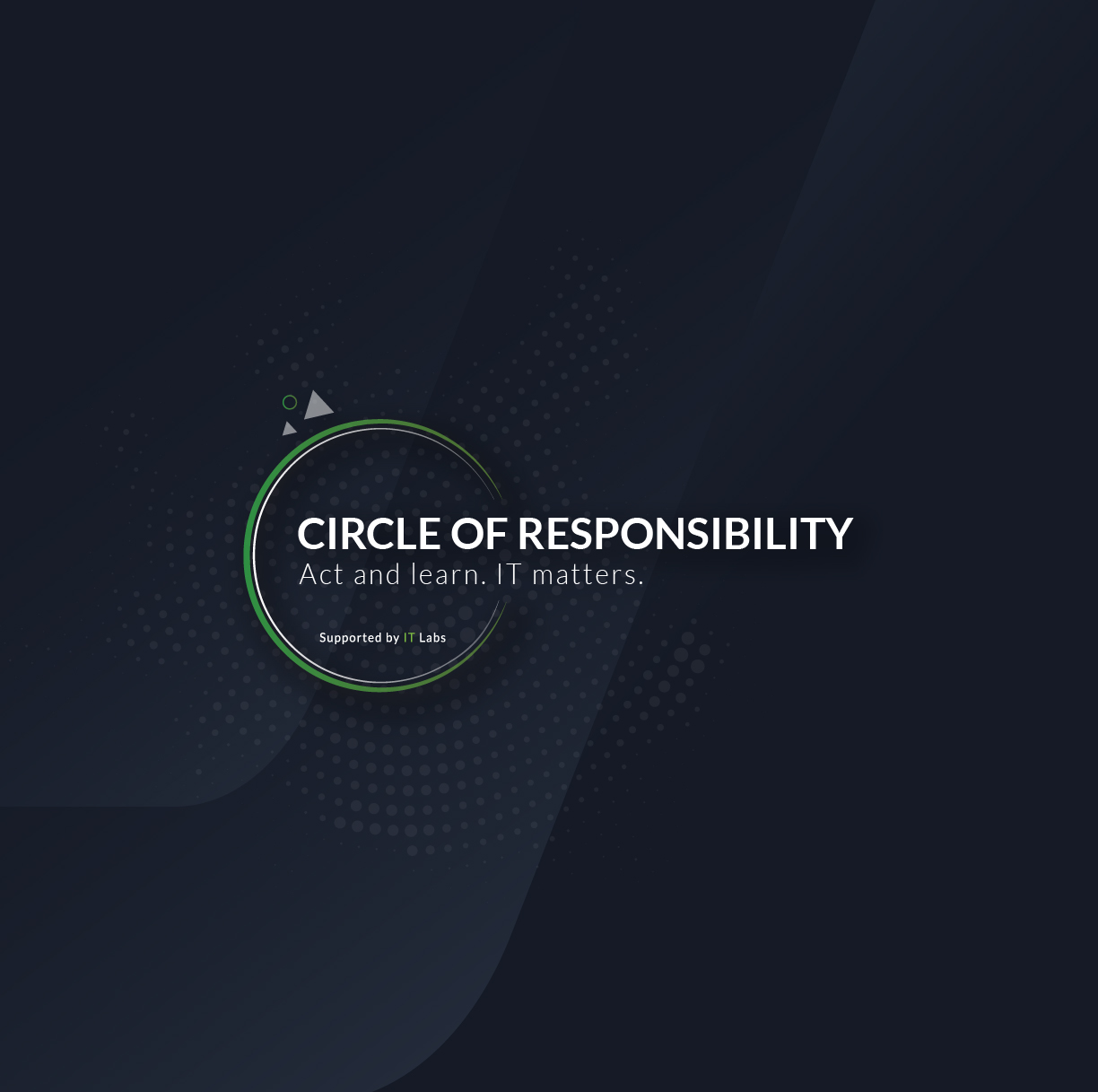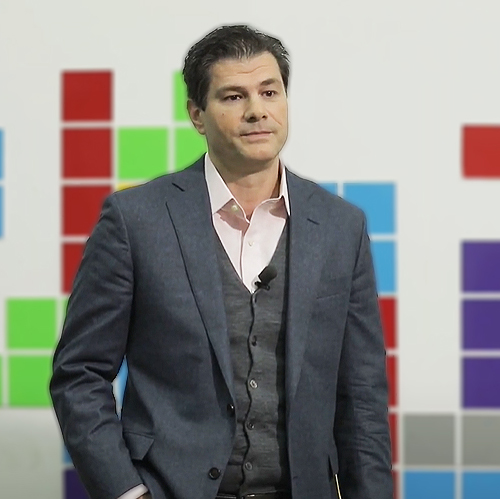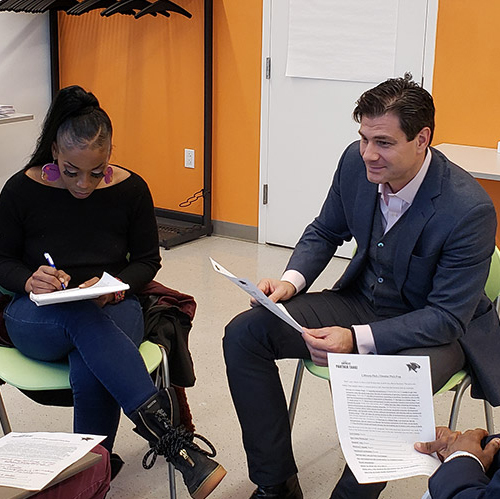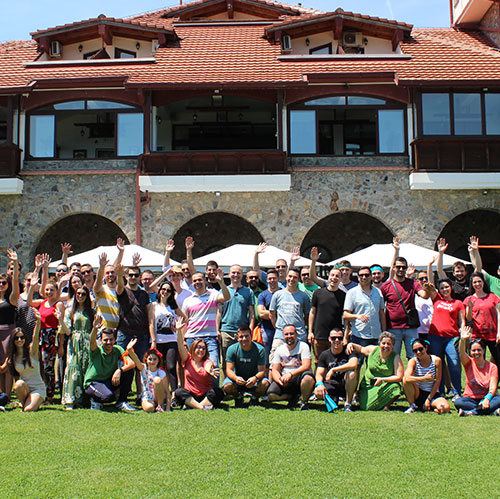
“Let me let you in on a secret: most days, I feel like a fraud. Like I don’t really know what I’m doing “– These are the words from the founder and CEO of Atlassian, Mike Cannon-Brookes, who gave a TED talk on this subject. In this talk, Brookes speaks about the impostor syndrome as a thing that has followed him his whole life, and when you hear that kind of thing from a person like him, you get a groundbreaking perspective. You are not alone, and you are not the only one feeling like a fraud.
It has little to do with confidence
Impostor Syndrome can be a scary, overwhelming feeling. It’s like you are always waiting for that email, that call, the message, the SWAT team to swipe you out and reveal that you are a fraud. You can be a confident, intelligent person, but at the same time, no amount of success can convince you that you deserve it, even if all the evidence says otherwise. It’s that scary realization when you walk in a room filled with people, coworkers, team members, and you feel that they will point the finger towards you while muttering, “you are here by mistake,” and “you don’t have the answers.” The fact is, no one has all the answers. This is a challenge for a perfectionist mind; it’s very hard to convince itself that someone out there doesn’t have it all worked out. It is a constant chase, and it can be exhausting.
But to help you get the right perspective and prevent the SWAT team from coming, you have to see this from a positive direction.
And yes, there is a positive side to this.
 On a positive personal note
On a positive personal note
Now, as a person who works in a creative field and has years of experience in marketing, I too, have experienced this syndrome. For years, I didn’t know that it was a common pattern. It prevented me from speaking up when I knew I was right, to stand up for myself or others, but also it led me to paths where I put unreasonable pressure on myself through a feeling that I must DO MORE, because whatever I did was never enough. This is all down to the impostor syndrome, whispering insecurities into your ear. If you raise your hand, spill out your thoughts, then they will find out for sure that you are a fraud. If you are silent, that monster can somehow present itself as an imaginary paranoia. But after years and years of facing this, I have managed to reason with the monster (we have an occasional chat, here or there). Here are some things I have learned. My hope in sharing these, you can see the positive side of all this.
The lessons learned
Own what you have accomplished
Do you cringe when someone compliments you? A compliment! To you? They must be mistaken. It is a very common situation for people with impostor syndrome to feel that they don’t deserve compliments. Many times those are empty words to them. But you see (and this is something I’ve learned from my mistakes), you can make things unpleasant for the people around you if you refuse their kind words. They don’t see your struggle. The boss, the colleague, or client is giving you recognition, and the proper way to deal with this is to OWN it. Say thank you, be happy with the result. You have good news! You are the person that got the job done and deserves the credit. Be reasonable; you are working with smart, capable people, so when they say kudos, believe in their judgment.
Share your thoughts with others
There is a saying that if people could hear our thoughts, we wouldn’t have any friends. It can be loud in one’s mind. There are so many traumas, experiences, emotions, and so many false assumptions. That is why it’s healthy to share these thoughts of fraud, incompetence, underachieving, and doubts with others. People are awesome, they can give you a perspective you didn’t even consider, or maybe sometimes it will help just to hear your thoughts out loud and see how ridiculous your impostor syndrome sounds.
Don’t idolize other people’s success
If the founder of Atlassian, with all of his accomplishments, can’t see his success, you may want to rethink how you think. All these people around us have their struggles, challenges that you don’t see. Heck, you can’t see your own impostor syndrome! The unhealthiest thing to do when you are struggling with this syndrome is to measure yourself with others. That colleague knows everything; I have to be as good as that person; How come they always have the right answer? And other utter nonsense you are telling yourself.
Remind yourself that you are here for a reason
Why you are where you are now in your job, is not some whimsical, destiny related definition, but the reality – something on the way clicked. You got that job because you possess talent, character, knowledge, aspirations, and others saw that. That is why you are here now; the praise is real. There are no hidden agendas, no conspiracies of your incompetence, no SWAT team that will take you down because you are a fraud. And if in the future, you get promotion, appreciation, bonus, or something else that shows that your work is valued, add that to the list with reasons why you are here and doing what you are doing.
Perfectionism kills creativity

The beauty of not knowing the answers
Here’s a new perspective I offer you. Isn’t it awesome you don’t know everything, and that you can make mistakes, fall and get back up? There is beauty in not knowing. It means there are so many things to learn, explore, get fresh perspectives, and new ideas. Just imagine if you knew everything. What a boring life that would be!
Maja Tanushoska
Digital Marketing Specialist


 On a
On a 

























































































